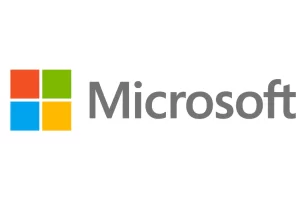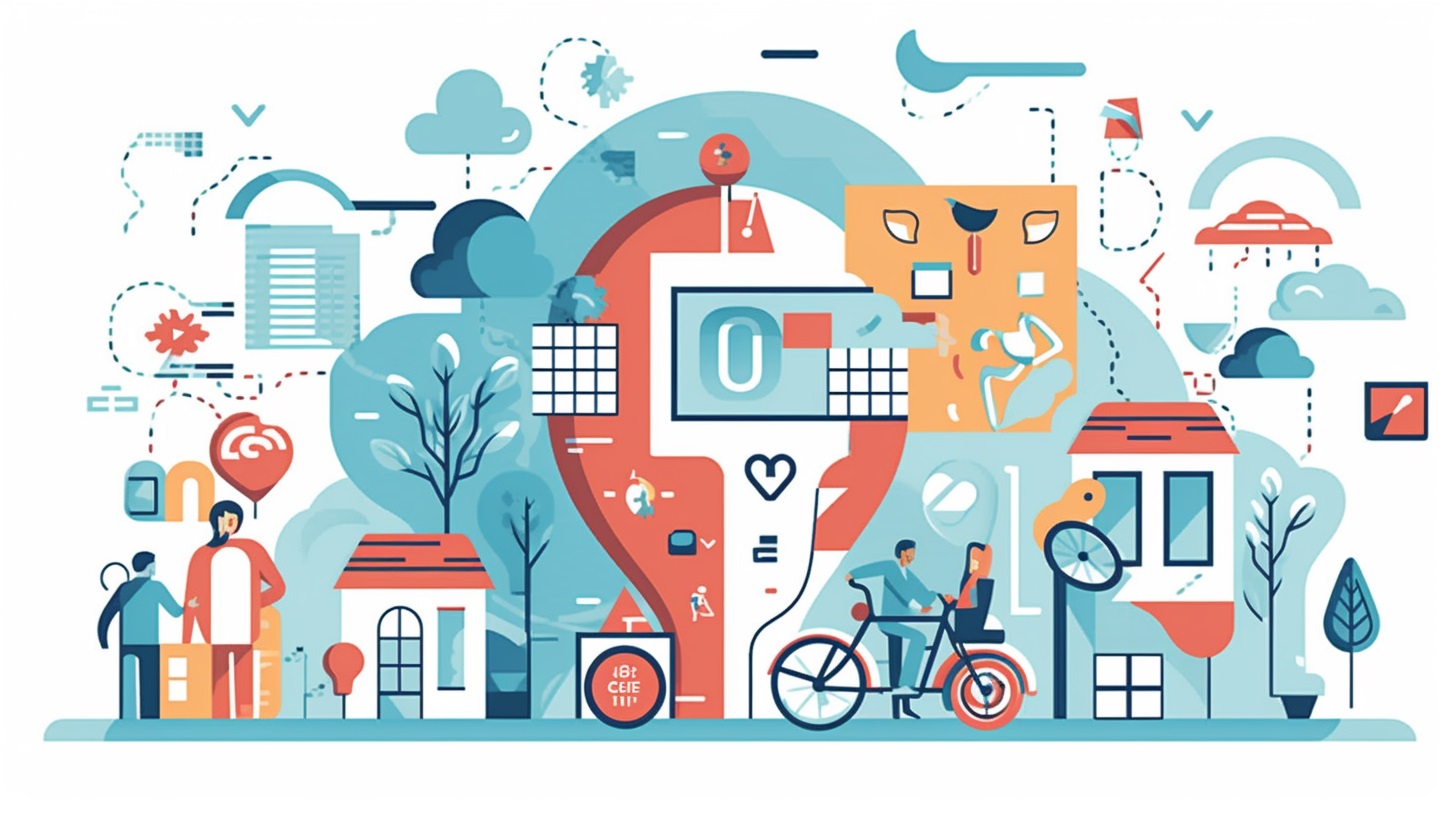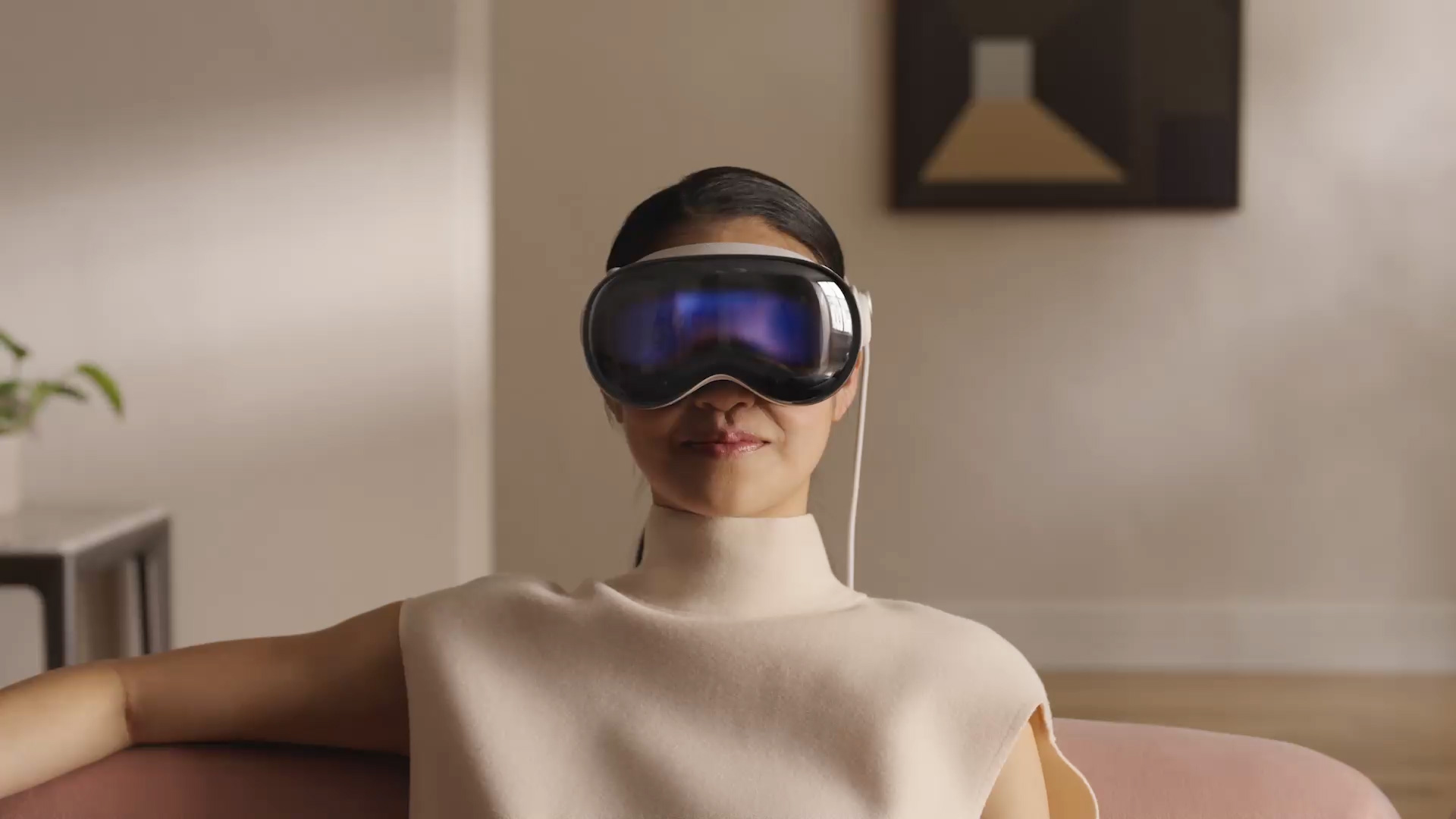Early data from a U.S. government office revealed that approximately 1.6 million additional Americans obtained health insurance coverage during the COVID-19 crisis last year, largely due to increased enrollment in government-sponsored health plans.
According to estimates from a household survey conducted by the statistics division of the U.S. Centers for Disease Control and Prevention, it was revealed on Tuesday that approximately 31.6 million Americans, which accounts for 9.7% of the population across all age groups, did not have health insurance last year. This number decreased from 33.2 million in 2019.
In 2020, the number of Americans with public health plan coverage increased by 2.1 million to reach 123.5 million across all age groups. Additionally, the number of individuals with private insurance grew by 1.9 million, totaling 200.6 million.
14% Without Health Insurance
Last year, the United States experienced a significant increase in job layoffs compared to 2019 due to the impact of the COVID-19 pandemic. As a result, approximately 14% of Americans aged 18 to 64 were without health insurance in 2020, compared to 14.7% in 2019.

According to a survey by the National Center for Health Statistics, Hispanic adults had the highest likelihood of being uninsured, followed by non-Hispanic black adults.
The survey also revealed that Americans with a family income below 100% of the federal poverty level had the highest percentage of coverage through public health plans like Medicaid, Medicare, or the children’s health insurance program.
Officials noted that the estimates for last year might be affected by lower response rates because data collection had to shift to telephone-only mode starting from March 2020 due to pandemic-related lockdowns.



















